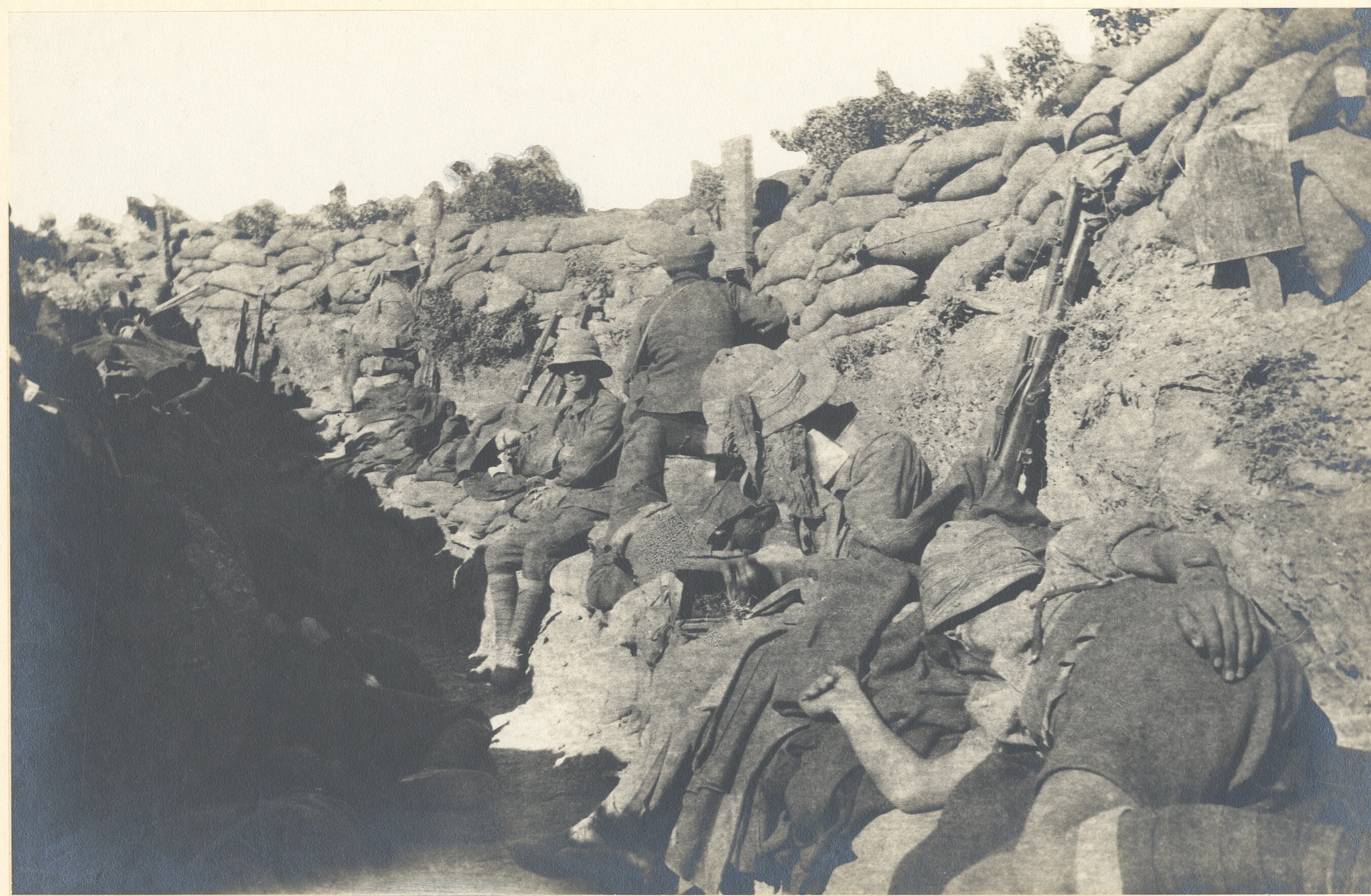Before Beaumont Hamel, there was Gallipoli
Memorial University and the Turkish Embassy will help commemorate one of the lesser known, but no less significant, events of the First World War.
The two are working together to commemorate the centenary of the Gallipoli campaign of the First World War. The  Gallipoli Commemoration Program consists of a series of events that will take place in St. John’s in 2015. The program will include visual art exhibitions, a public symposium and a Gallipoli-themed Ceremony of Remembrance.
Gallipoli Commemoration Program consists of a series of events that will take place in St. John’s in 2015. The program will include visual art exhibitions, a public symposium and a Gallipoli-themed Ceremony of Remembrance.
“It is the role of the university to shine a light on an important but little-known aspect of the province’s history,” said Prof. Lucian Ashworth, chair, Memorial University’s WW100 commemoration program. “We are pleased and excited to co-operate with the Turkish Embassy, without whom we would not be able to provide the series of events.”
One hundred years after the conflict, once-combatants join together to remember and commemorate.
“We have chosen bravely to confront our painful histories, while continuing to honour the memories of the fallen comrades,” said Selçuk Ünal, Turkish ambassador to Canada. “We succeeded in turning the tragedies of this war into a friendship among all those nations who never forget the past, but embrace the future for peace.”
In September 1915, eight-and a half months before the tragic events at Beaumont Hamel, the Newfoundland Regiment was deployed to the Gallipoli Peninsula in the Ottoman Empire, now modern-day Turkey. The campaign had been ongoing since April with little progress, but with great loss of life. By the time the Allied forces withdrew in January 1916, they had suffered more than 200,000 causalities, with similar numbers among the Turkish troops. The Newfoundland Regiment, which originally landed 1,076 men, was reduced to 487 troops.
Largely overshadowed by Beaumont Hamel in the annals of history, the Gallipoli campaign holds special significance for the Royal Newfoundland Regiment and the province. The regiment was the only unit from North America to participate in the campaign. The withdrawal from the peninsula, largely viewed as the only successful Allied operation in the campaign, saw the Newfoundland Regiment as part of the rear guard.
In Turkey, the Gallipoli campaign is known as Çanakkale Savaşı or the Battle of Çanakkale. The expulsion of the Allied forces from the peninsula laid the foundations for the modern-day nation. Mustafa Kemal Atatürk, a celebrated commander of the Turkish forces, became the first president of the Republic of Turkey.
“And Atatürk’s tribute to all fallen in Gallipoli, including Australians, New Zealanders and Newfoundlanders, saying that, ‘After having lost their lives on this land, they become our sons as well’, has become a manifestation of embracing peace and turning the tragedies of this war into a friendship among all nations involved from here to eternity,” said Ambassador Ünal.
Planned events include:
July-August – Exhibit of paintings of poppies by a Turkish artist at the Queen Elizabeth II Library
November – Exhibit of Gallipoli photographs in Queen Elizabeth II Library; Gallipoli-themed Ceremony of Remembrance with special guests from Turkish Embassy; Gallipoli – Shared Experiences symposium on Nov. 14.